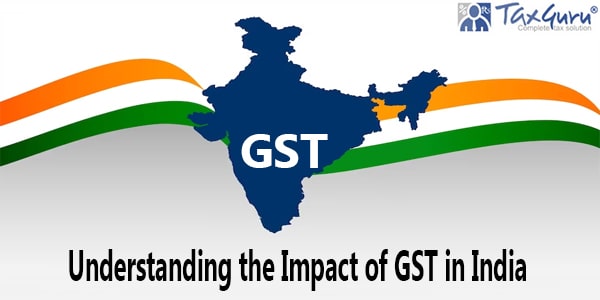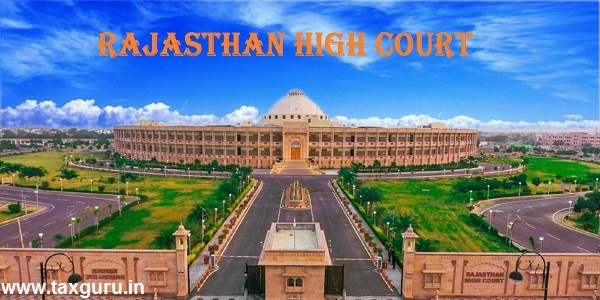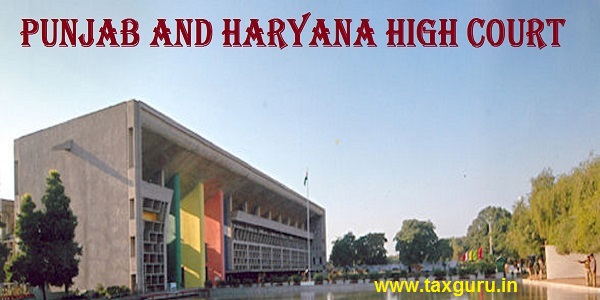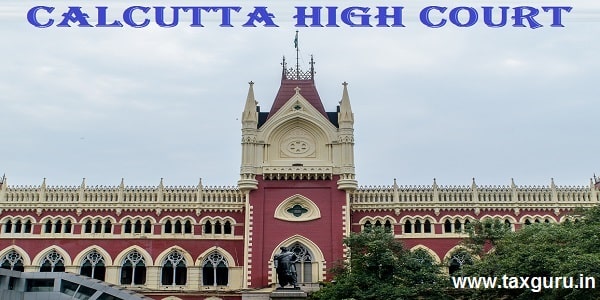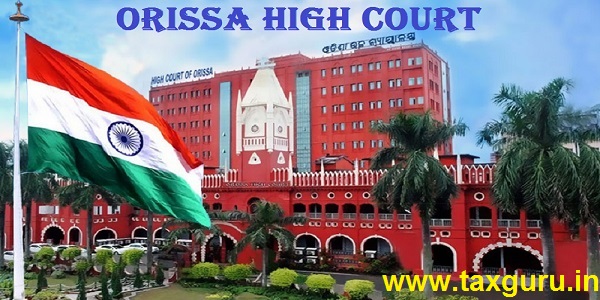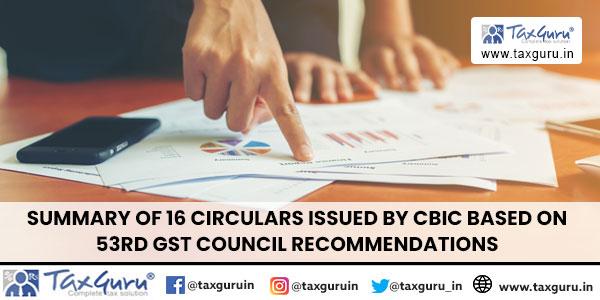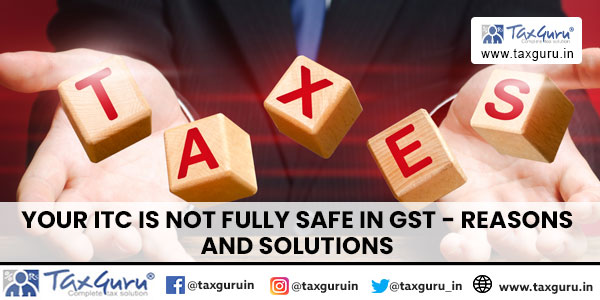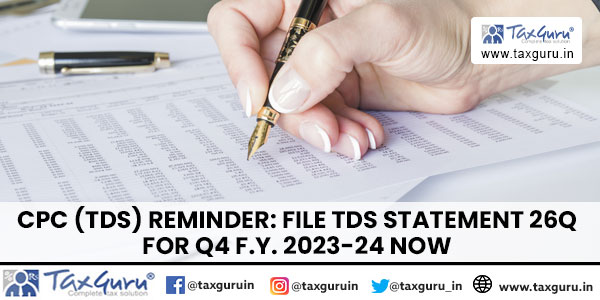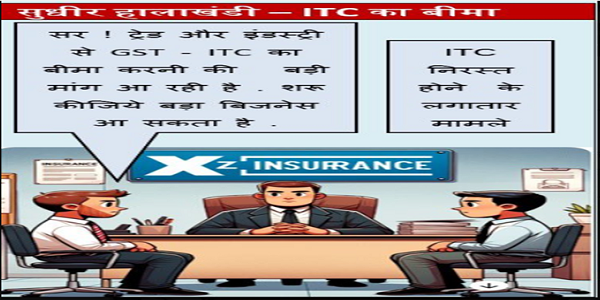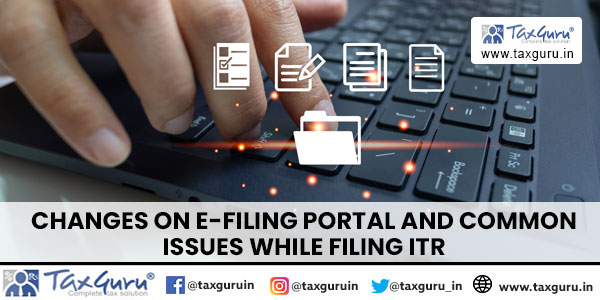Case Law Details
The Asst. Commissioner of Income Tax Vs. S.H. Kelkar & Co. Pvt. Ltd. (ITAT Mumbai)
The first issue in this appeal of Revenue is against the order of CIT(A) deleting the dis allowance made by AO of ₹ 84,00,000/- as commission paid to managing director and two his working director. For this Revenue has raised following ground No. 1: –
“1. “On the facts and circumstances of the case and in law, the Ld CIT(A) erred in deleting the dis allowance of Rs. 84,00,000/- made u/s 37(1)(iii) of the IT Act in respect of commission paid to Managing Director and Working Director?”
Briefly stated facts are that out of four directors of the assessee company, two are working directors, who were paid remuneration including salary and commission subject to overall limits prescribed under the Companies Act. The total remuneration included an amount of ₹ 84,00,000/- commission to these two directors. According to AO commission was paid to directors who were also shareholders in the company and hence, the commission was otherwise payable as dividend. Accordingly, the AO invoking the provisions of section 36(i)(ii) of the Act, disallowed the expenditure and also following the similar dis allowance made in preceding assessment years i.e. AY 2006-07 to 2011-12. Aggrieved, assessee preferred the appeal before CIT(A), who relying on the Tribunal decision for earlier years allowed the claim of the assessee vide Para 4.4 and 4.5 as under: –
“4.4 I have considered the contention of the AO as vel1 as of the AR of the appellant. It is dispute that the issue involved in the current ground is similar to the dis allowance ma& in the case of the appellant in the preceding years. The AO, in fact, has categorically stated in the Assessment Order as under:
“5.4 The submissions of the assessee have been duly considered but the same are not acceptable. In this case, the identical issue was involved for assessment year 2006-07, 2007-08, 2008-09 and 2009-10, wherein the payment of commission to directors was disallowed.”
In this regard, the appellant has submitted the order of the Hon ble Income-tax Appellate Tribunal “E” Bench, which vide order dated 07/11/2014 in ITA Nos. 7256 & 7257/Mum/2010 and 678/Mum/2012 for AYs 2006-07, 2007-08 and 2008-09 has dealt with the same issue of dis allowance of commission paid to the same directors.
The Hon’ble Tribunal has made the following observations on page 4 of the order:
“7. We have considered the rival submissions. A perusal of the impugned order of the Ld. CIT(A) reveals that the amount of salary plus commission paid to the directors has not been held to be excessive by the lower authorities. There is no denial of the fact that the amount paid was reasonable in comparison to the remuneration paid for the services in the market. There is no denial of the fact that the dividend of Rs. 3 crore was declared in the year under consideration. There seems merit in the contention of the ld. AR that the company has 29 shareholders and 4 directors whereas the commission was paid to two working directors only. So far the reliance of the Ld. D.R. on the special bench decision of the Tribunal in the case of “Dalal Broacha Stock Broking P. Ltd. v. Addl. CIT” (supra) is concerned, we find that the facts of the present case are quite distinguishable. In the said case there were only three shareholders who were directors of the company and no dividend was declared and there was no explanation as to why the dividend was not declared. Under such circumstances, we find force in the contention of the Ld. A.R. that company was justified in paying the commission to the working directors which was quite reasonable. The lower authorities have not noticed these facts while deciding the issue under consideration.
8. In view of our observations given above, the order of the lower authorities is set aside and the addition made on this ordered to be deleted.”
4.5 I find considerable force in the arguments put forth by the learned AR that the assessee company has got 29 shareholders and the 2 working directors are being commission since last more than 30 years whereas none of the other 27 shareholders and/or 2 other nonworking directors are paid anything. the AO never challenged the reason ability of expenses incurred by the appellant towards the remuneration of directors which included salary, commission and benefits such as PP etc. subject to all limit of 5% of the net profits computed under the provisions of the companies Act, 1956. The appellant further submitted that commission is nothing but a part of remuneration and hence, the same has to be judged from the angle of commercial expediency for the appellant. The appellant finally submitted that the nomenclature of Commission was provided to the remuneration since the same was done with a view to keep salary of the director’s variable and avoid fixed burden on the appellant company.
In view of the above, the addition made on this account is directed to be deleted because it is covered issue in favour of the appellant by its own order by Hon ble ITAT, Mumbai in AYs 2006-07, 2007-08 & 2008-09 and since AO has not placed any material on record as to the status of case in High Court. However, the relief is guaranteed subject to the outcome of Bombay High Court, if any.
Aggrieved, Revenue is in second appeal before us.
4. We have heard the rival contentions and gone through the facts and circumstances of the case. We find that in the preceding years, the assessee has incurred expenses towards commission paid to managing director Shri GD kelkar (now expired) and to the another director of the company Shri Ramesh Veze. In the present year, apart from Mr. Ramesh Veze, Shri Kedar Veze has been appointed as director of the assessee company and commission was paid amounting to ₹ 84,00,000/- i.e. ₹ 42,00,000/- each of the working director. We find that commission paid is apart from salary to director and the said commission is paid within the prescribed limit under companies Act 1956. We find that this commission has been consistently been paid to the working directors as part of their salary structure which comprises of basis salary and contribution to provident fund, superannuation contribution and commission as explained by the learned Counsel for the assessee. The logic behind the payment of commission is to bring accountability among the higher management and to ensure that in the event of profitability of the company is reduced, the directors shall be the first person to be affected by way of their payment of lower emoluments. This commission is subject to limit prescribed under the companies Act at the rate of 5% of any profits. We find that both the working directors are well qualified and look after general administration, Finance apart from research activity also production and marketing. Both the directors attained the following achievements
“a. Since 1970, one of the director was member of Research advisory committee, Central institute of Aromatic and Medicinal plants (CIMAP) Lucknow, a Government of India Research Institute.
b. Invited to be a member of ESGAP in the year 2976 a body of the United Nations and then of a UN/DO Mission for several countries, on a number of occasions.
c. The company was bestowed with “Rashiriya Sanman being one of the highest taxpayers during Asst years 1994-95 to 1998-99.
d. Expo – 95 SDIR Award, in the year 1995 for invaluable contribution in fragrance and flavor industry through dedication, research, innovation and indigenous technology in the manufacturer of various perfumery chemicals.
e. Honorary membership of French Society of Perfumers, Paris.”
We also find that similar dis allowances were made consistently from AY 2006-07 on wards till AY 20010-11 but only year 2006-07 where Tribunal has deleted the dis allowance which was followed in AY 2009-10. For other years, appeals are pending either at CIT(A) stage or before Tribunal. We find that during the year under consideration, the assessee company has already declared the dividend of ₹ 5.40 crores and hence, it cannot be doubted that the payment of dividend was made in the guise of commission to the directors. In view of these facts and circumstances we affirmed the order of CIT(A) and dismissed this issue of Revenue’s appeal.





